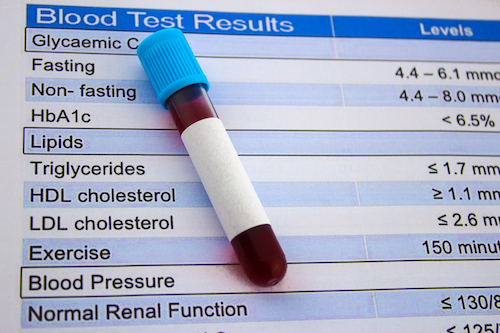
Most people have come to believe that cholesterol is bad for your body. But the reality is that without cholesterol, your body would not be able to function and you would quite literally die. Cholesterol is a fundamental part of every cell in your body. This is not to say that too much of a good thing can’t be bad. The body needs homeostasis to thrive. Let’s dig a little deeper.
In fact, new research confirms that cholesterol is not a cause of heart attacks. Cholesterol actually helps to protect against heart attacks, leading to the conclusion that statin drugs are actually harmful for your body.
As we have seen recently, definitions of words and terms are being changed frequently to fit the narrative of those pushing the latest crisis, emergency or issue. And the pharmaceutical companies are a part of this too. Pharmaceutical companies have altered the definition of high cholesterol in order to promote cholesterol medications on people. In fact, all of this useless focus on high cholesterol is taking attention away from the real cause of heart disease, which is inflammation and sugar. Chronic inflammation is a major predictor of coronary artery disease. Studies found that high levels of CRP (inflammation) puts you at twice the risk of dying from cardiovascular-related problems as those with high cholesterol.
When it comes to cholesterol and the overuse of statins, you have to consider all of these points:
- The connection between high levels of total cholesterol and heart disease has NEVER been proven, only hypothesized.
- Cholesterol levels are a poor predictor of heart attacks. Only 50% of heart attack victims have high levels of cholesterol.
- Recent studies found statin drugs can cause diabetes, a major risk factor for heart disease.
- There is no evidence that fat and cholesterol cause heart disease
- There is no evidence suggesting that a diet low in saturated fat and cholesterol prevents heart disease
Statins are not the end-all, be-all when it comes to preventing heart attacks and heart disease. In fact, combined, all statins have a laundry list of over 300 adverse health effects. Some of these include muscle damage, memory loss, nerve damage, increased risk of type II diabetes, cardiovascular damage, birth defects, liver damage and endocrine system disruption.
All of this is not to say that elevated cholesterol is something to be ignored. But there are natural ways to lower cholesterol and one of the best is wheatgrass. Besides eating healthy and excising regularly, you can add wheatgrass to your daily regime. Wheatgrass contains all nine essential amino acids, hundreds of vitamins and minerals and a high fiber content. It detoxifies the body and helps control high blood pressure (and high cholesterol). In a 2011 study from Acta Poloniae Pharmaceutica, scientists discovered that treatment with wheatgrass juice helped reduce total cholesterol and LDL cholesterol in rats with abnormally high cholesterol levels. And all you need is one tablespoon per day.
If you are dealing with high cholesterol and being pushed to start taking statins, why not try something natural first? Get up and move more, stop eating fast food so frequently and supplement with some wheatgrass. You might just be surprised.

